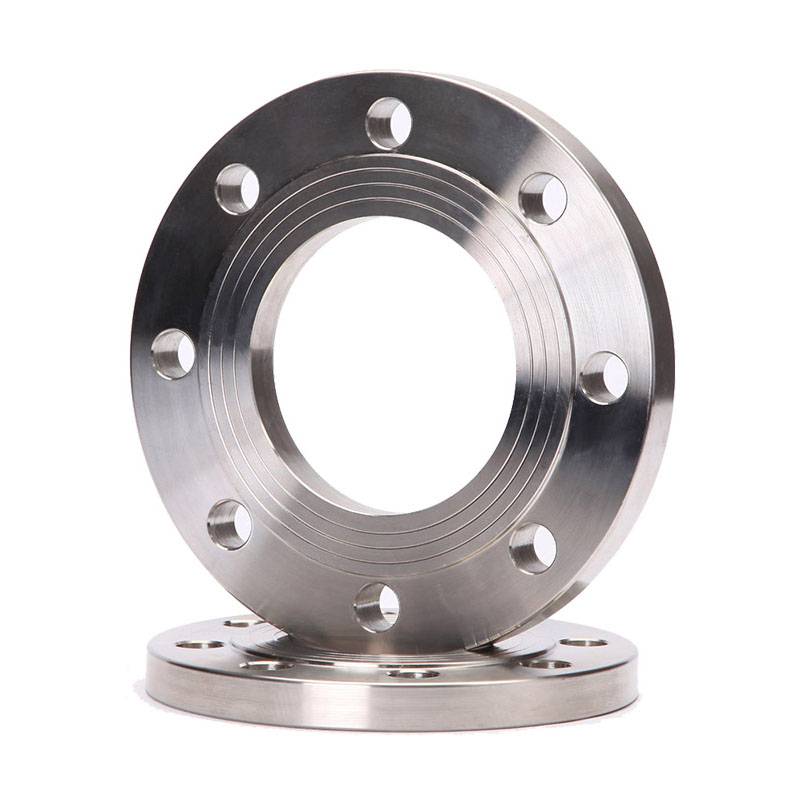-
Cangzhou Yulong Steel Co., Ltd.
-
Phone:
+86 13303177267 -
Email:
admin@ylsteelfittings.com
- English
- Arabic
- Italian
- Spanish
- Portuguese
- German
- kazakh
- Persian
- Greek
- French
- Russian
- Polish
- Thai
- Indonesian
- Vietnamese
- Zulu
- Korean
- Uzbek
- Hindi
- Serbian
- Malay
- Ukrainian
- Gujarati
- Haitian Creole
- hausa
- hawaiian
- Hebrew
- Miao
- Hungarian
- Icelandic
- igbo
- irish
- Japanese
- Javanese
- Kannada
- Khmer
- Rwandese
- Afrikaans
- Albanian
- Amharic
- Armenian
- Azerbaijani
- Basque
- Belarusian
- Bengali
- Bosnian
- Bulgarian
- Catalan
- Cebuano
- China
- China (Taiwan)
- Corsican
- Croatian
- Czech
- Danish
- Esperanto
- Estonian
- Finnish
- Frisian
- Galician
- Georgian
- Kurdish
- Kyrgyz
- Lao
- Latin
- Latvian
- Lithuanian
- Luxembourgish
- Macedonian
- Malgashi
- Malayalam
- Maltese
- Maori
- Marathi
- Mongolian
- Myanmar
- Nepali
- Norwegian
- Norwegian
- Occitan
- Pashto
- Dutch
- Punjabi
- Romanian
- Samoan
- Scottish Gaelic
- Sesotho
- Shona
- Sindhi
- Sinhala
- Slovak
- Slovenian
- Somali
- Sundanese
- Swahili
- Swedish
- Tagalog
- Tajik
- Tamil
- Tatar
- Telugu
- Turkish
- Turkmen
- Urdu
- Uighur
- Welsh
- Bantu
- Yiddish
- Yoruba

Aug . 09, 2024 03:25 Back to list
Exploring the Benefits and Applications of Precision CNC Machining for Various Industries
The Importance of CNC Machining Parts in Modern Manufacturing
In today’s fast-paced industrial landscape, the need for precision and efficiency is paramount. One of the most significant advancements in manufacturing technology is CNC (Computer Numerical Control) machining, a method that has revolutionized the way parts are created for various applications. CNC machining parts are integral to a wide range of industries, including aerospace, automotive, medical, and electronics, and their importance cannot be overstated.
CNC machining involves the use of computerized controls to manage machine tools and equipment. This technology enables the precise cutting, shaping, and molding of materials into complex parts that meet exact specifications. Unlike traditional manual machining processes, CNC machining allows for automation, which enhances both the accuracy and repeatability of parts production. This is particularly essential in industries where quality assurance and adherence to strict tolerances are critical.
The Importance of CNC Machining Parts in Modern Manufacturing
Furthermore, CNC machining significantly reduces production time. With the ability to create parts at a faster rate compared to manual machining, manufacturers can increase their output while minimizing labor costs. This efficiency is particularly vital in competitive sectors where time-to-market can make a significant difference in success. Automating processes not only expedites production but also allows for complex geometries to be manufactured that would be nearly impossible to achieve manually.
cnc machining part

Another noteworthy benefit of CNC machining parts is the reduced likelihood of human error. In traditional machining, operators must be highly skilled and attentive to avoid mistakes. However, with CNC machines, the precision is dictated by pre-programmed instructions, which means that each produced part can have identical specifications. This leads to fewer defects and less material waste, ultimately contributing to a more sustainable manufacturing process.
CNC machining also accommodates prototyping and iterative design processes. Rapid prototyping using CNC technology allows engineers and designers to create physical models of their concepts quickly. This ability to test and modify designs enhances innovation, as companies can refine their products with minimal lead time before full-scale production.
Moreover, the role of CNC machining parts is growing in the realm of additive manufacturing, or 3D printing. While these technologies are often touted as competing methods, they can complement each other. For instance, CNC machining can be used to finish parts produced through 3D printing, ensuring they meet the stringent specifications required for certain applications.
In conclusion, CNC machining parts are vital to modern manufacturing, delivering precision, efficiency, and versatility across numerous industries. As technology continues to evolve, CNC machining will likely play an increasingly critical role in shaping the future of production methods. Manufacturers embracing CNC technology are not only enhancing their operational capabilities but also setting a standard for quality and innovation in a highly competitive market. The future of manufacturing is here, with CNC machining at the forefront, driving progress and enabling the creation of parts that meet the highest demands of precision engineering.
Latest news
-
ANSI 150P SS304 SO FLANGE
NewsFeb.14,2025
-
ASTM A333GR6 STEEL PIPE
NewsJan.20,2025
-
ANSI B16.5 WELDING NECK FLANGE
NewsJan.15,2026
-
ANSI B16.5 SLIP-ON FLANGE
NewsApr.19,2024
-
SABS 1123 FLANGE
NewsJan.15,2025
-
DIN86044 PLATE FLANGE
NewsApr.19,2024
-
DIN2527 BLIND FLANGE
NewsApr.12,2024
-
JIS B2311 Butt-Welding Fittings LR/SR 45°/90° /180°Seamless/Weld
NewsApr.23,2024











